Are you a workaholic, or do you drag your feet into the office every morning? Whatever the answer is, one day your job may not even exist! Yes, one day your job may be as irrelevant as that of the haberdasher, the gong farmer or the powder monkey. Prepare to be amazed by bizarre historic jobs that have gone extinct!
Lector
This is one interesting technique to keep workers motivated and entertained at work. Back in the 1920s, companies used to hire lectors to read to the laborers while they worked to make sure they never got bored.
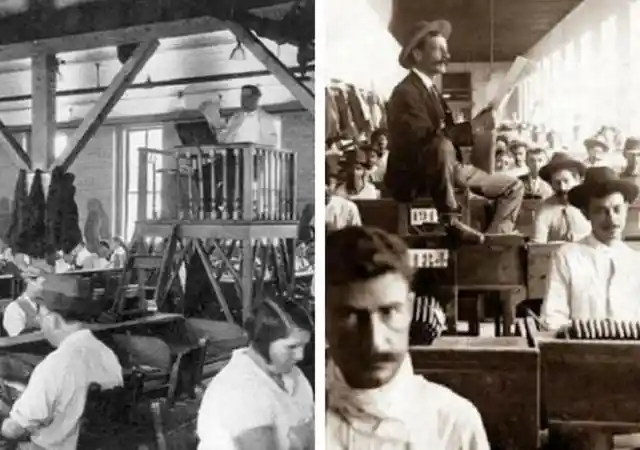
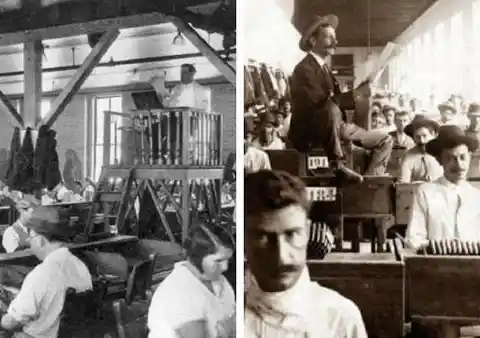
Sadly, lectors were eventually considered too distracting and the job became extinct. Back to the dull, silent daily grind, 1920's factory workers! Funny enough, lots of people listen to podcasts or audiobooks while they work nowadays, so in a way, this practice lives on.
Lamplighter
We take it for granted that streetlights are magically lit by themselves (or rather, by the electrical circuit that powers them). But back in the day, someone had to go around and light each street candlelight individually by hand.
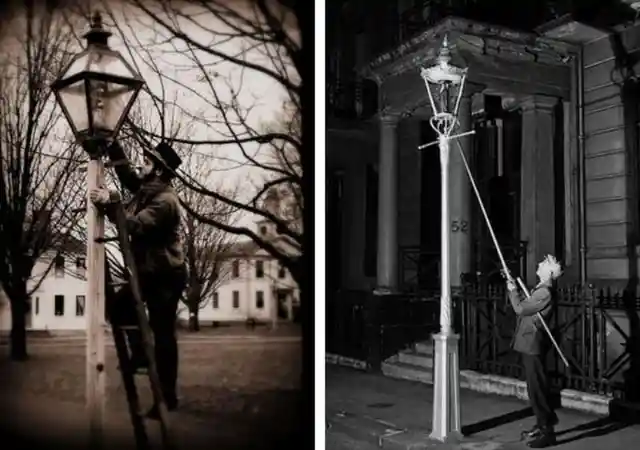
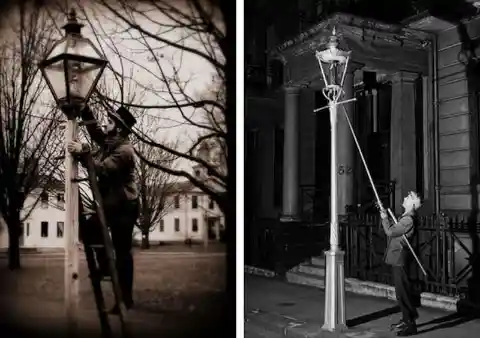
The lamplighters even had to make the rounds in the evenings and put out the candles! This job actually lasted for hundreds of years, until the advent of the lightbulb-lit street lamps in the early 1900s.
Elevator Operator
Up until around the 1950s, elevators were quite complicated to operate and required a dedicated elevator operator. It may sound silly since today all we do is press a button and we are magically transformed to our chosen floor level.
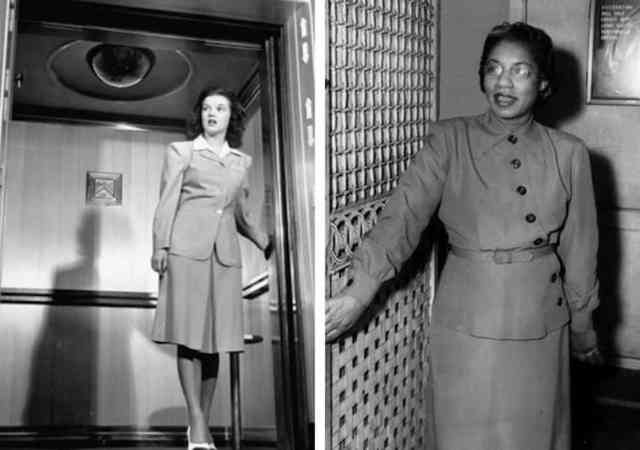
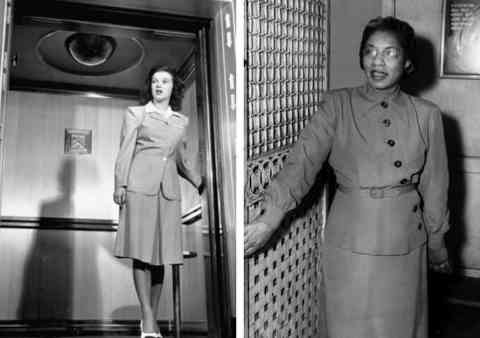
But way back when, the elevator operator was in charge of choosing the level, opening and closing the doors, and even setting the speed and direction of the elevator depending on how many people they were carrying. Nowadays, elevators are pretty much automatic.
Chimney Sweep
Before centralized electric heating was a thing, people relied on their trusty old fireplace for some heat at home. But by the very nature of fireplaces, chimneys tend to get full of ash.
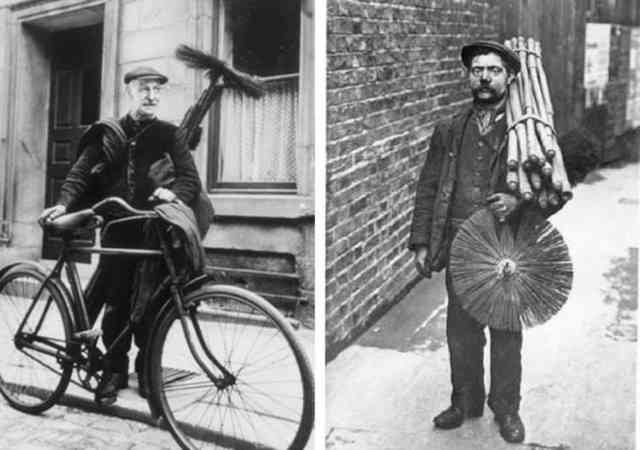
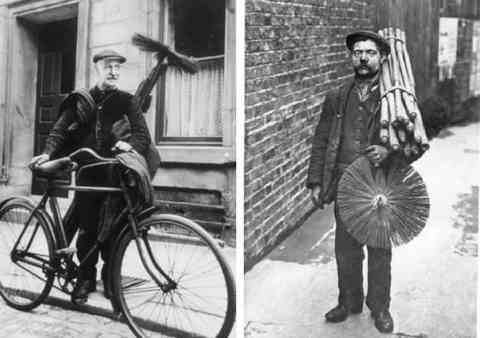
That's where chimney sweepers came in! Literally. Many of them would climb into the chimney with special brooms and clean the chimney from within. For an extra thorough clean, they would often use children as they could reach tougher spots due to their small size.
Knockerupper
Up until the invention of the alarm clock in 1874, there was a job called 'knocker upper'. Which meant you were basically a human alarm clock, tapping on people's windows with long sticks or shooting stones and peas at them until they awoke.
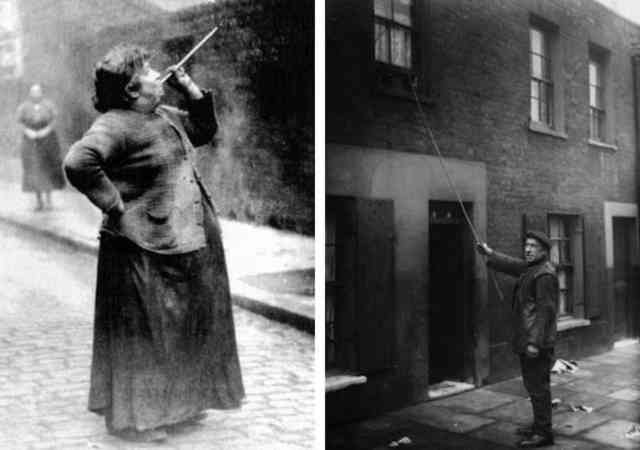
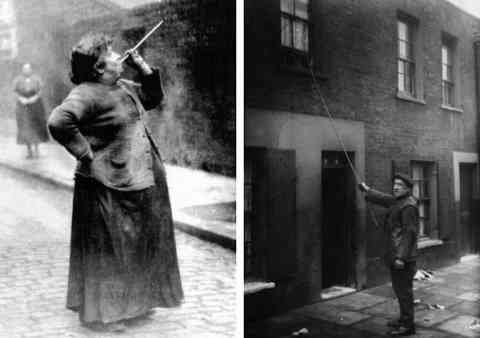
You see, even in the olden days, people still had places to go and people to meet. And a human alarm clock was the available solution. We just wonder whether there was a snooze function, too?
Rat Catcher
Urbanization was on the rise and people began living in tightly packed quarters. And cities quickly became overrun with rats. And when you have a city-wide rat issue, who are you gonna call? Rat catchers!
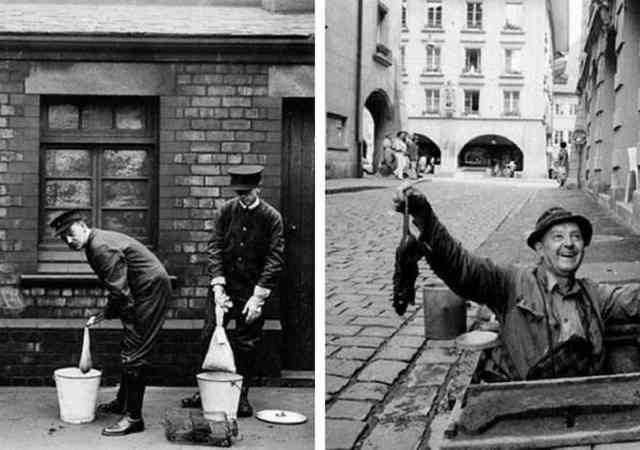
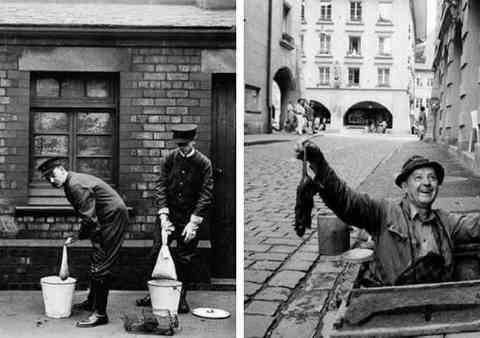
These brave men and women would travel from city to city and caught rats in an effort to stop the spread of disease. They often used the rats for entertainment and a bit of extra money on the side, by taking them to rat-baiting contests at pubs.
Human Computer
Way before computers were invented, it was up to a tea of humans to step up and make the computations. By some accounts, human computers date all the way back to the 1600s. They'd add up numbers and calculate figures all day, often all in their heads!
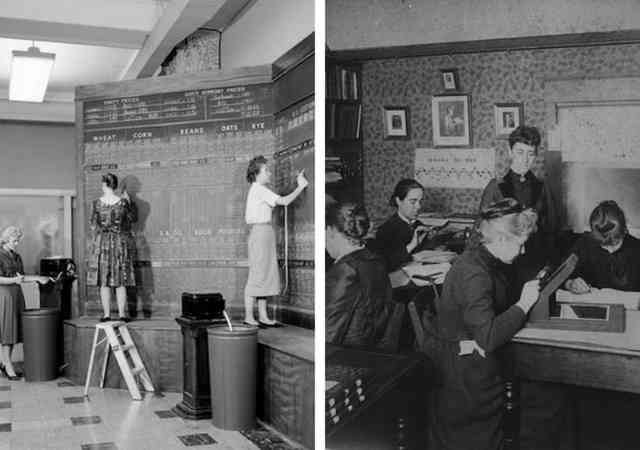
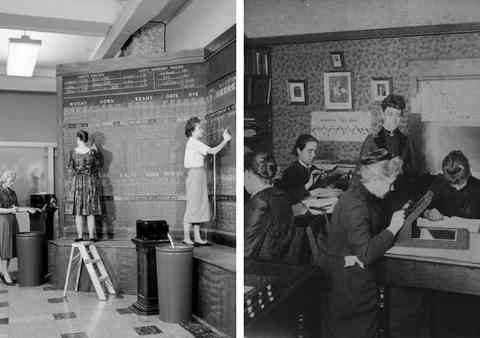
Thankfully, with the invention of the calculator and then the computer, our lives are much easier nowadays.
Phrenologist
Science is constantly evolving and developing. Back in the day, phrenology was considered a legitimate, accurate science and the only reliable way to gain insight into the human mind.
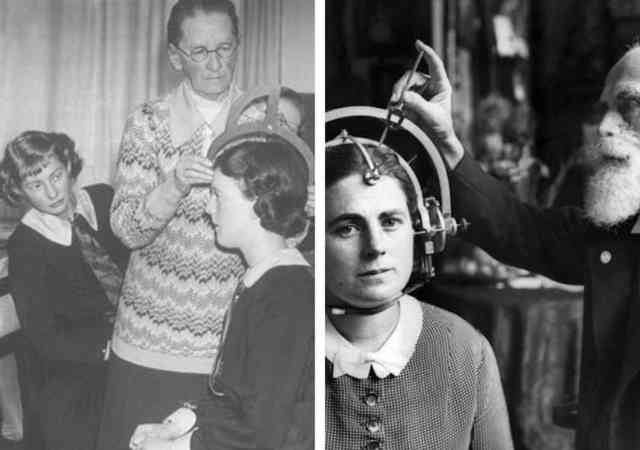
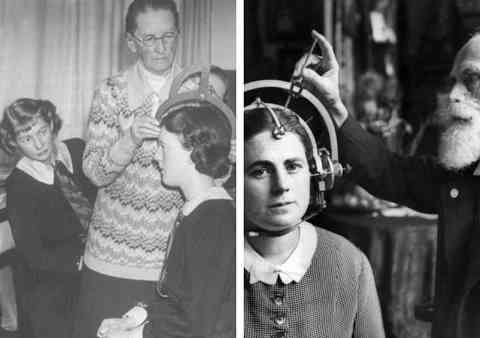
So what exactly did phrenologists do? They'd measure the shape and size of people's heads to assess people's intelligence. Obviously, there's not much actual evidence to back this practice up. So by 1967, the job became extinct.
Pre-Radar Listener
Before the radar was ever invented, militaries still needed to asses the risk of oncoming attacks or approaching enemy forces. To do so, they had appointed listeners to keep an ear out - literally - for any suspicious noises coming on the horizon.
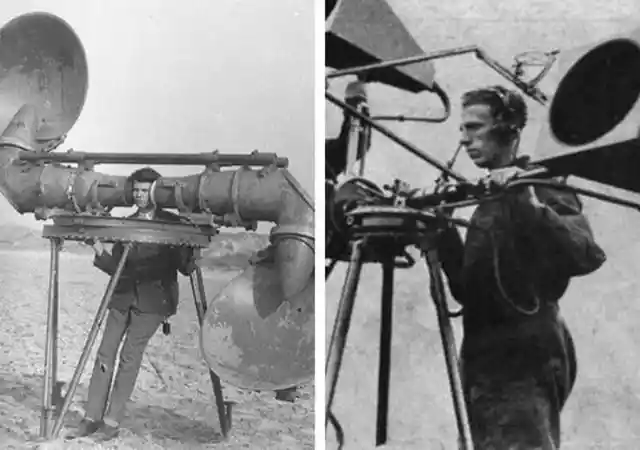
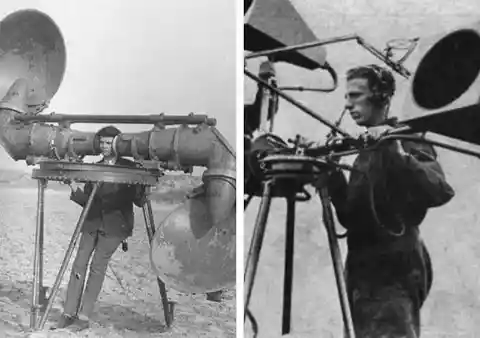
They had specially designed devices that would magnify any sound for optimal results. Then, of course, once the radar came along, the job became obsolete.
Log Drivers
We often marvel at huge buildings built in the olden days and think to ourselves - how did they do all that without trucks and forklifts? How did they transport such huge quantities of material from place to place? Well, here's the answer.
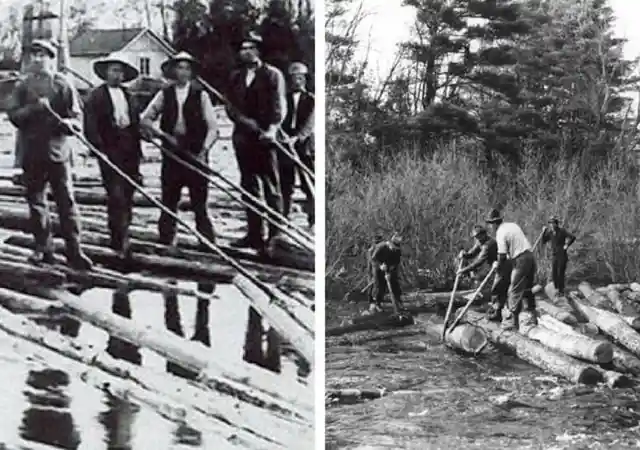
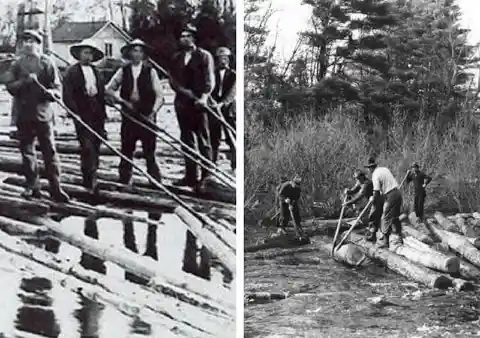
Log drivers, as they were called, would leverage the currents of rivers and streams in order to transport large tree trunks wherever they needed to go, pretty clever, huh? This job actually didn't go extinct until the '70s!
Bowling Alley Pinsetter
Some people were lucky enough to go to the bowling alley every single day. Well, because it was their job to basically operate the whole bowling operation. They would wait for the pins to fall down and line them back up for the next go.
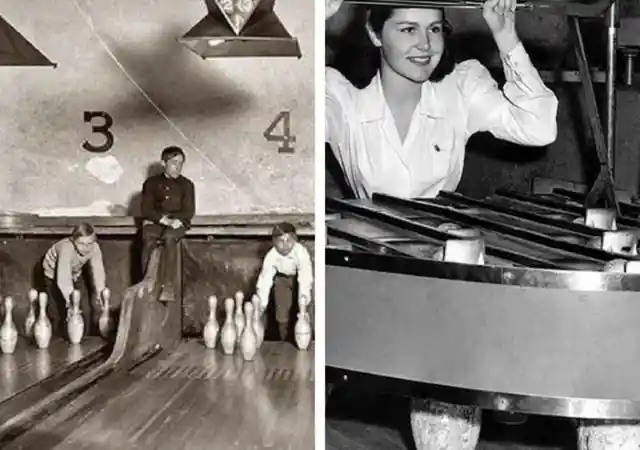
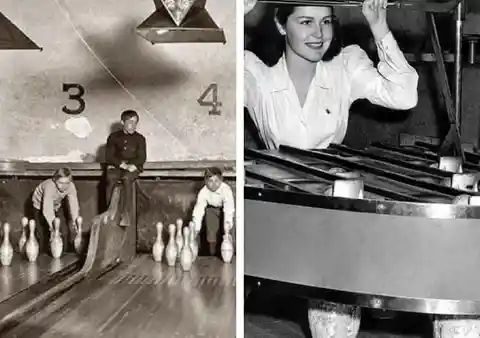
This carried on until 1936 when Gottfried Schmidt invented the mechanical pinsetter and made this job obsolete.
Resurrectionist
This one was quite... Grim. Back in the 18th and 19th centuries, medicine was advancing and doctors, quite frankly, needed bodies to experiment on and make breakthroughs.
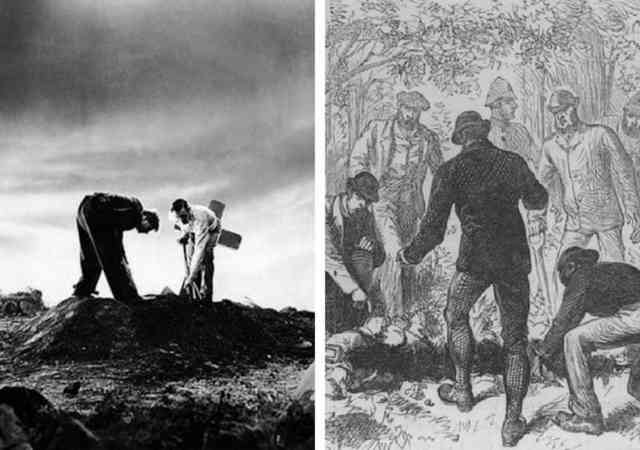
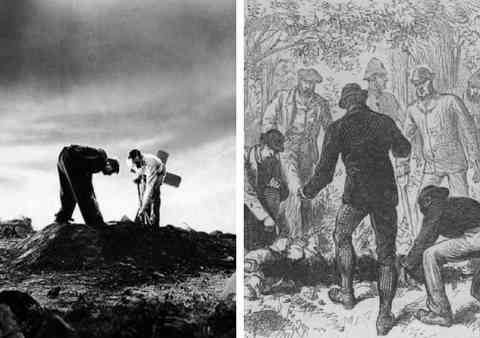
As admirable as the intention was, the process was quite unethical. Resurrectionists would illegally dig up corpses and sell them to doctors. Yikes!
Hacker
Yes, we still have hackers nowadays, but they're quite different from the hackers that existed way back when. Wood hackers would spend hours hacking away at trees and cutting them up into logs, which would be collected and transported off.
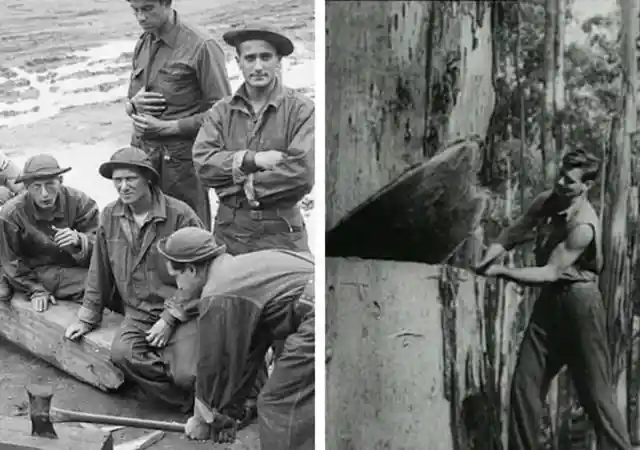
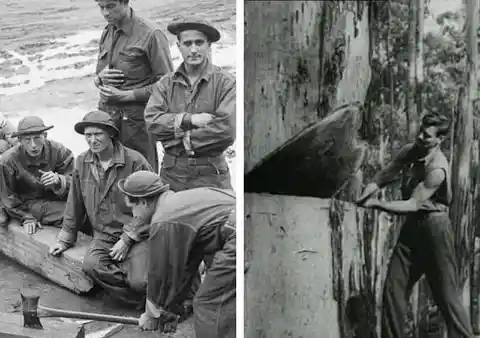
Technology eventually phased out this occupation, and wood hackers were replaced by quicker and cheaper machines. Unfortunately, that also meant the speeding up of global deforestation.
Haberdasher
Looking for a new dress or a dashing winter coat? Nowadays, you'll probably head to the mall or place an order on your favorite online shopping service. But back in the day, people actually depended on their sewing skills for new garments.
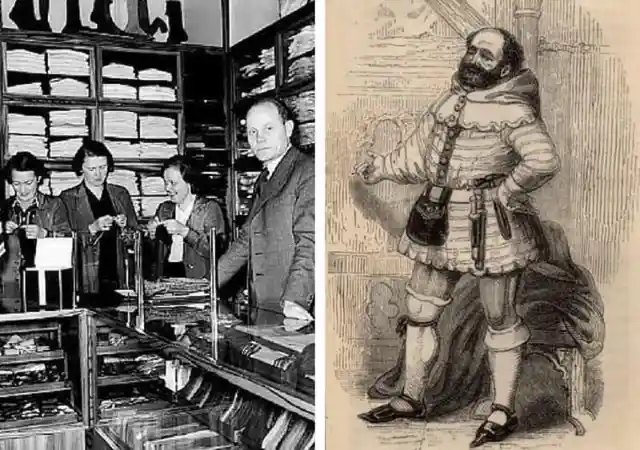
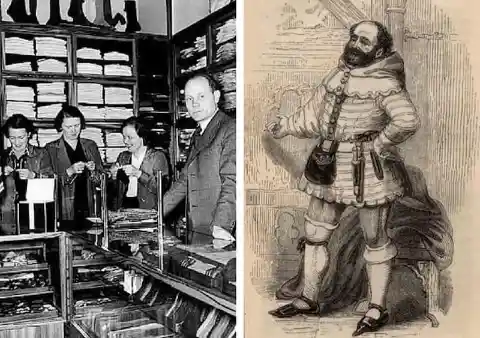
And that was the purpose of the haberdashery, a local store where you could pick up anything from sewing tools to zippers and ribbons. In a way, the haberdashery has been transformed into the craft store in modern times, but we certainly don't rely on these stores for our wardrobe any longer.
Ice Cutter
Up until the beginning of the 20th century, refrigerators did not exist. So how did people store perishable foods? And what would you do if you wanted a bit of ice in your drink? Thankfully, there were the ice cutters.
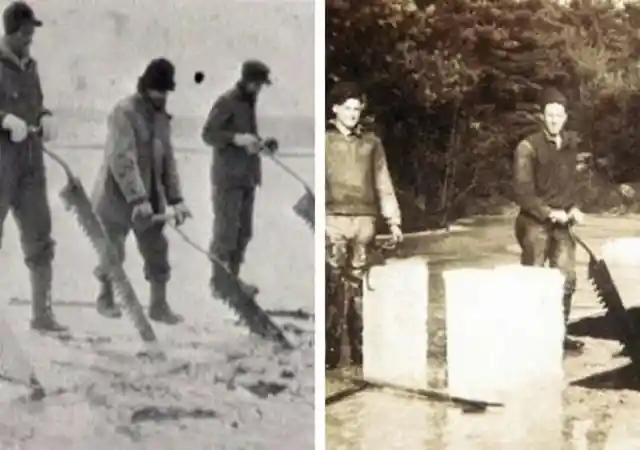
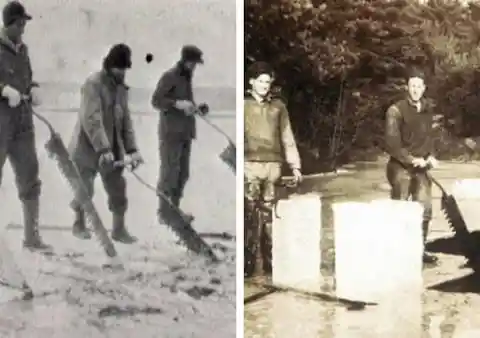
Ice cutters would saw off blocks of ice from frozen rivers back in the 1800s, and used these blocks as cold storage for months. It was a very risky job and came with considerable hazards, as you can imagine.
Switchboard Operator
Nowadays, a call to your best friend is just a few taps away on your smartphone. You can even see their faces in real-time if you want to! If you traveled back in time and told that to a switchboard operator, they'd think you're totally crazy.
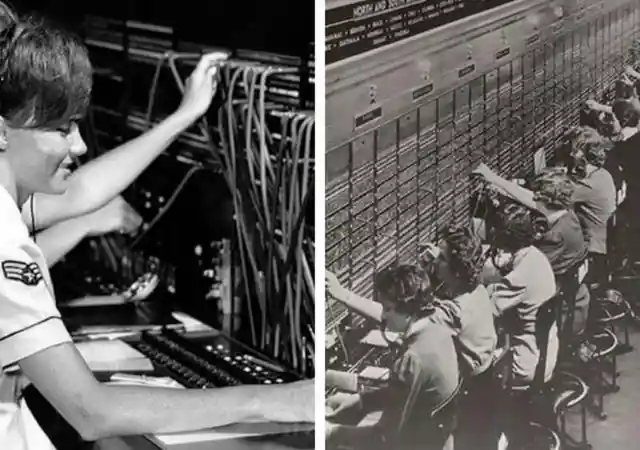
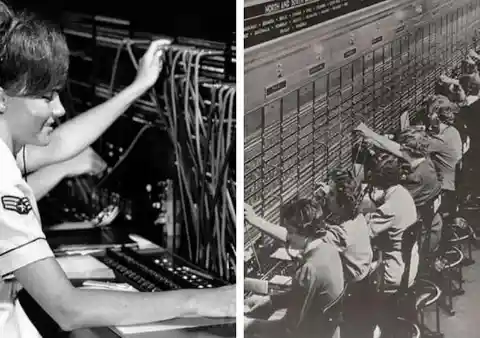
You see, way back when, it was up to the switchboard operator to answer and connect phone calls from all across the country, manually connecting phone lines on a giant switchboard. Many women performed this job up until the 1980s when modern tech made the job obsolete.
Linotype Operator
We take it for granted that, when typing on a keyboard, we can hit the backspace easily, at any time. This is a luxury unknown to the linotype operators that were tasked with printing newspapers.
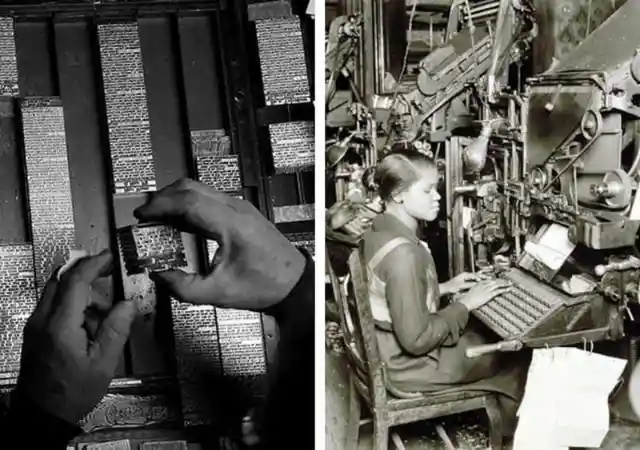
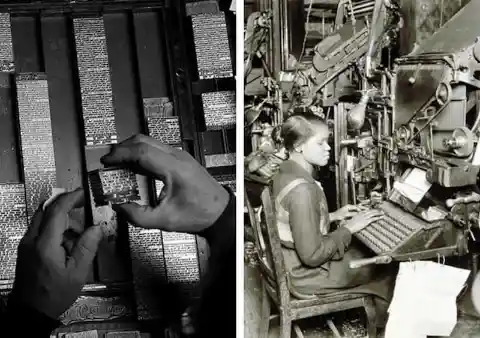
Newspapers became hugely popular in the 1880s, and the linotype operators that prepared them couldn't even make a single mistake! There was no backspace, after all.
Gong Farmer
Let's just start by saying - gross. The gong farmer's job was to literally dig up people's dirt out of the cesspits and privies. This was a crucial job before sewage systems became commonplace.
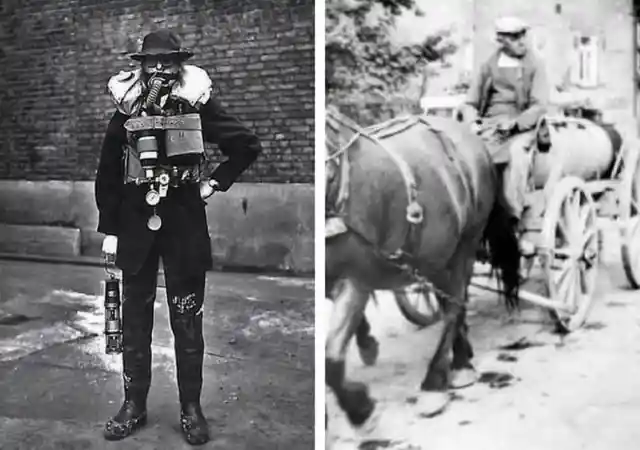
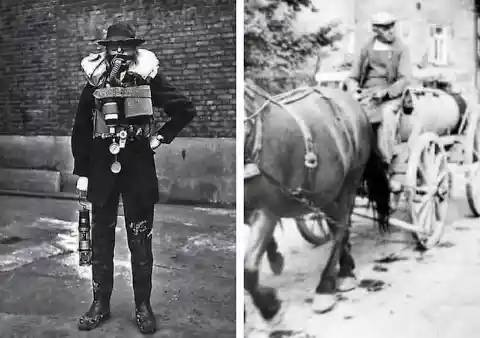
Gong farmers would go from town to town, digging out the pits and collecting the waste. They'd then dump it out of the city. Not exactly our dream job.
Rail Workers
Yes, rail workers still exist today. But their archaic counterparts had quite a different role to fill. Rail workers, also known as gandy dancers, were tasked with digging out and laying out the railroads by hand.
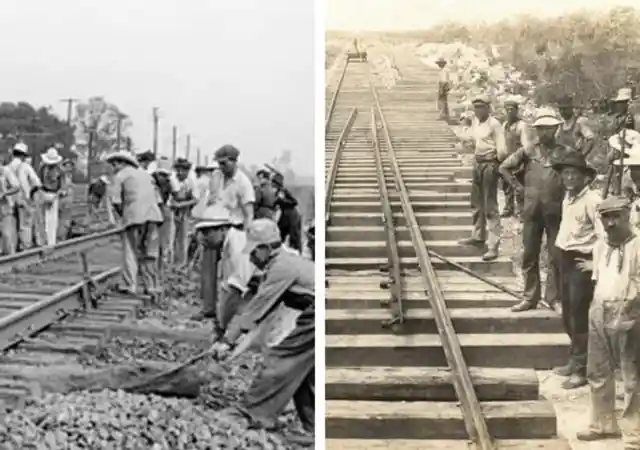
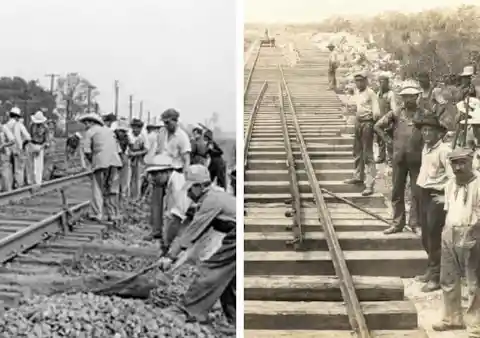
As you may assume, this task would require thousands of men at a time. Working together and laying the tracks for modern transportation, piece by piece.
Town Crier
It may sound like the town crier was someone whose job it was to boo their eyes out in the street any day, but no tears were necessary here. Town criers were, in fact, the ancient predecessors of social media.
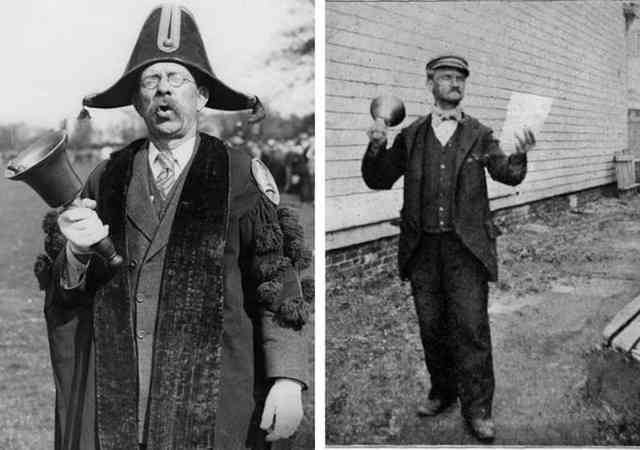
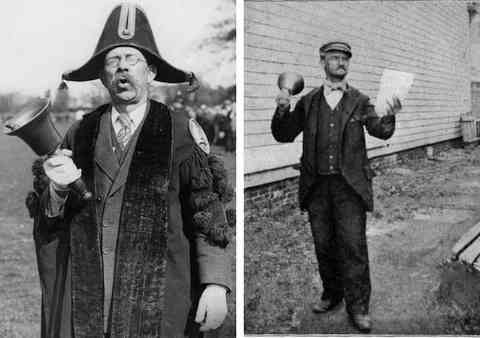
They'd walk around town, ring their big bells, and announce anything from events to gossip and everything in between.
Billy Boy
Billy boys were around in the 1950s and 1960s before many coffee shops cropped up. So what exactly were they? Billy boys were young apprentices that were trained in the art of brewing the perfect cup of tea.
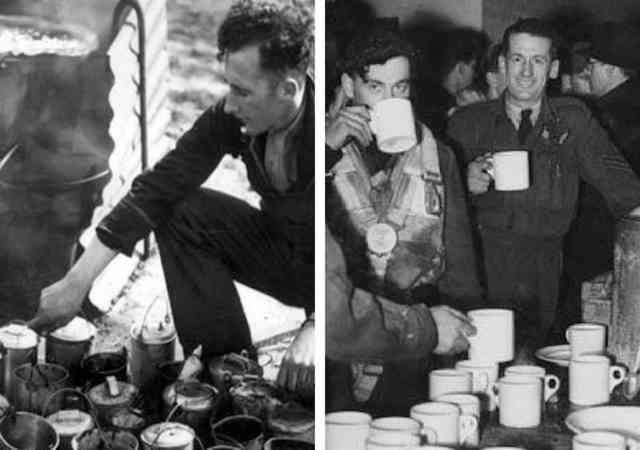
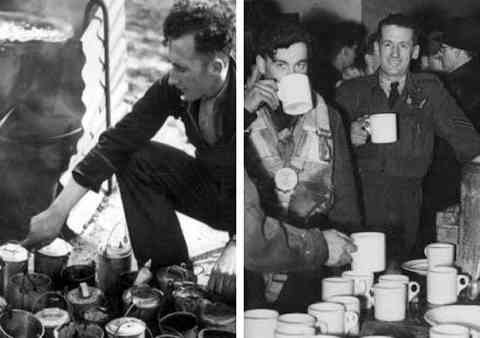
So essentially, their job was to stand by a boiling vat of water and make delicious mugs of tea. Get those pinkies ready!
Signalman
Old trains and railroads necessitated a large variety of workers in order for the whole operation to function smoothly.
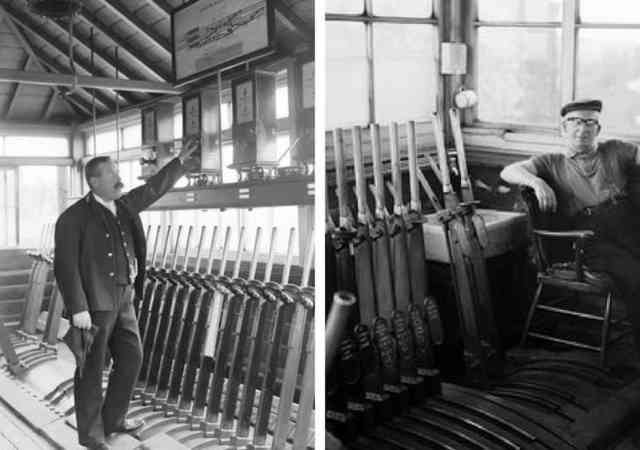
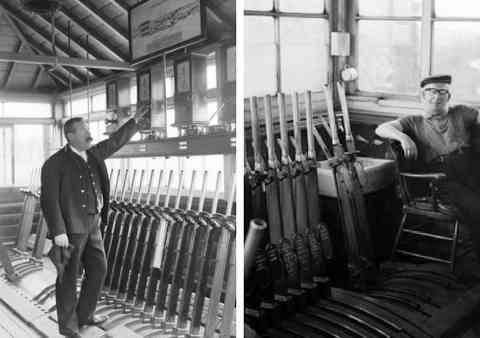
One key role was that of the signalman, who was in charge of pulling the levers and switches in order to reroute the trains on their way to their correct destination.
Typists
Essentially, we're all typists nowadays. And there still are some dedicated typists who specialize in court-reporting, for instance, but for the most part, this job has gone extinct.
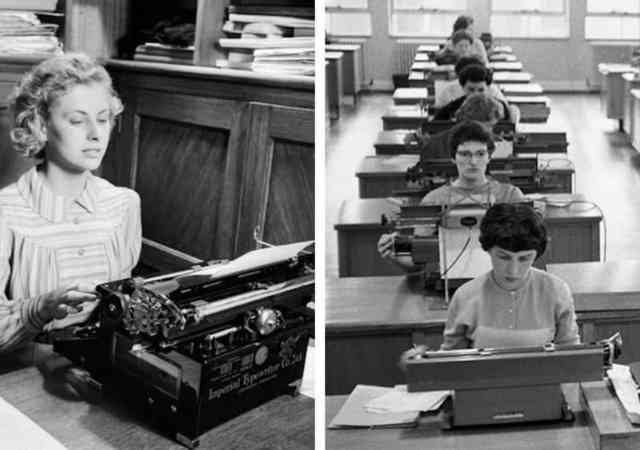
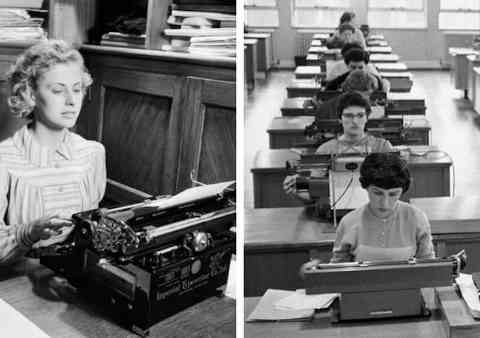
The profession began in the 1940s and typist posts was mostly filled by young women. Their job was to type up letters, memos, and official documents. As technology progressed, their job became obsolete.
Quarryman
One of the primary raw materials necessary for construction is, of course, stone. Quarrymen stepped up to the mark and mined all sorts of rocks that would later be shipped off to build homes across the country.
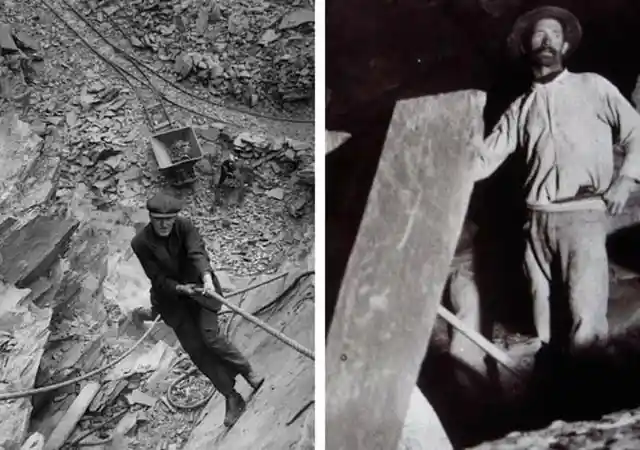
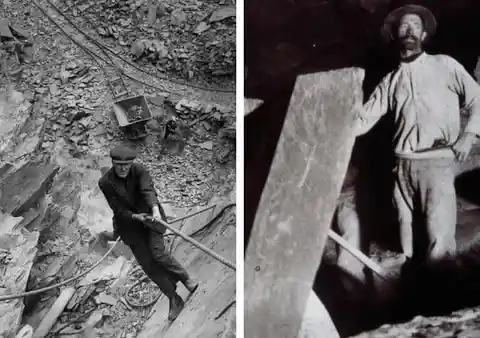
As you may have guessed, quarrymen would work in quarries, working day and night to mine rock under quite difficult conditions. As is the case with most of the jobs on this list, large machines eventually replaced their jobs.
Clockwinder
Though clocks have indeed been around for ages, they weren't always as self-powered as they are today. In fact, humans had to keep them wound full of juice and make any necessary repairs by hand.
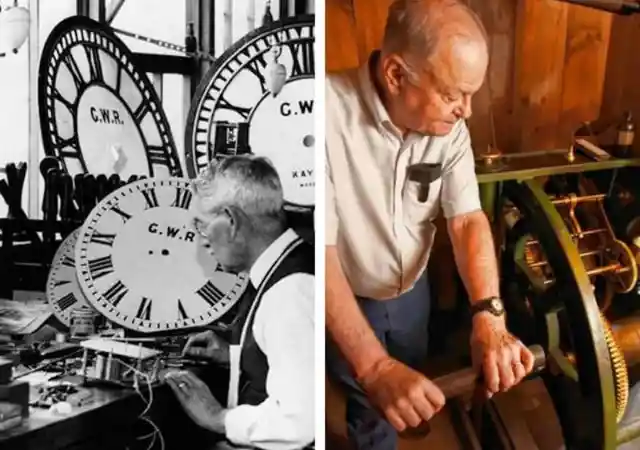
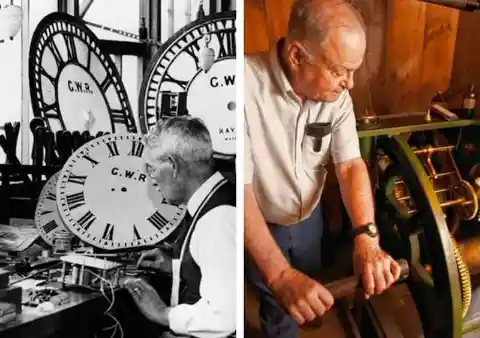
This all changed, naturally, when batteries came along. Battery-powered digital clocks and specialized machines assemble, power, and even repair watches nowadays.
Powdermonkey
When you were a kid, what was your dream job? Well, if you were a kid in the early 1900s, you didn't even have to wait to grow older in order to start working - child labor was very much a thing.
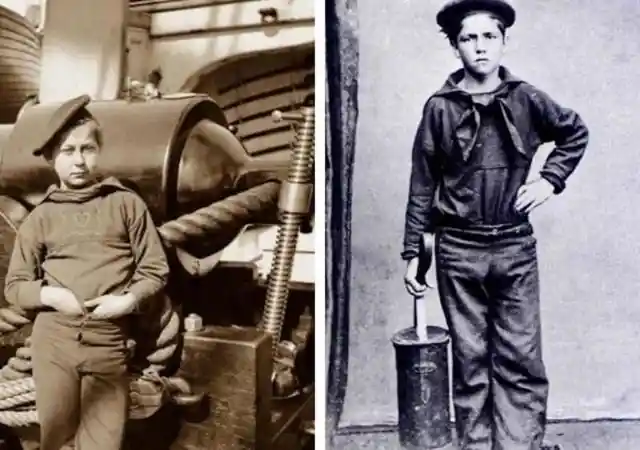
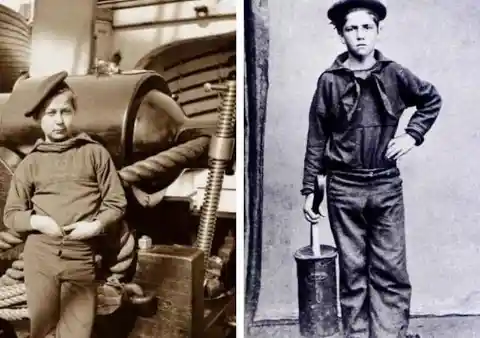
Some kids worked as powder monkeys. They were in charge of stuffing gunpowder into the cannons on the battleships. Obviously, kids were better suited for this job than adults due to their small size. But as the weapons became more advanced, these kids found themselves unemployed.
Fuller
Now, this is a job that dates back to Roman times. Fullers were tasked with the removal of any dirt and grease from freshly sheared wool before it could be turned into cloth.
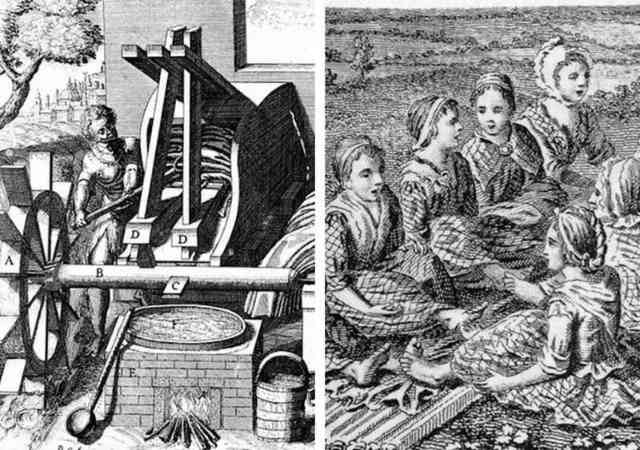
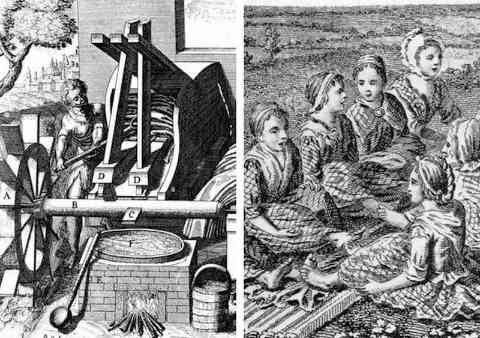
To make their jobs easier, fullers devised clever machines that would press out any unwanted extras quite easily. But, as it often happens, the machines came to replace humans and soon enough, they were without a job.
Hobbler
Just as the creation of trains caused a rise in the number of available jobs, so did the increase in boats. Hobblers, for instance, were workers who collected canal and riverboats and towing them around until they reached their next destination.
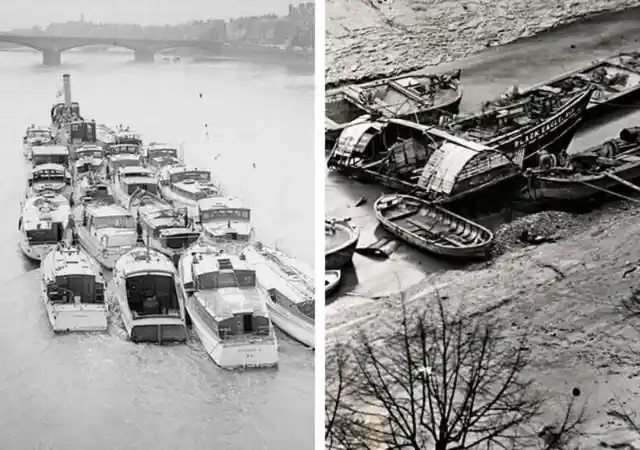
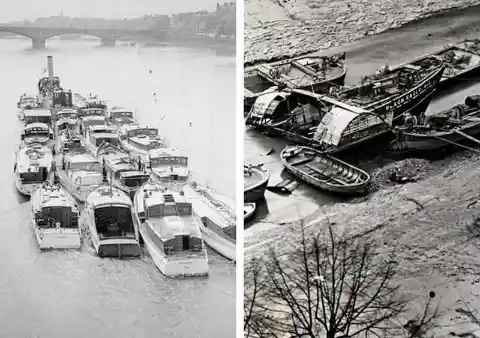
The name of the profession probably originates from the workers hobbling around the decks in order to tie all the ships together. Now that there are more sophisticated technologies to transport boats, this job has become extinct.
Leech Collector
Leeches were historically believed to be magical healing creatures of the wild. Medics would use leeches to suck toxins and disease out of their patients' bodies before returning them to the swampland.
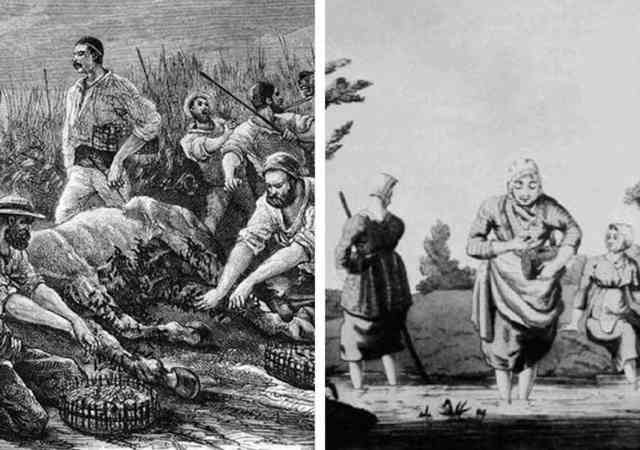
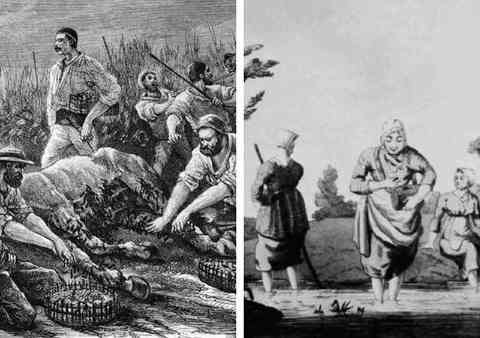
But to do so, doctors needed to get their hands on leeches, which is where the leech collectors come in. These brave men and women would collect the critters from the swamps and sell them to doctors. Obviously, leeches were actually quite harmful to one's health and spread diseases rather than curing them, and so the practice eventually stopped.
Mudlark
Mudlarking was more of a survival tactic than a job title for many people. Those of the poorer classes would resort to scavenging through the mud along beaches and rivers, searching for any valuable items.
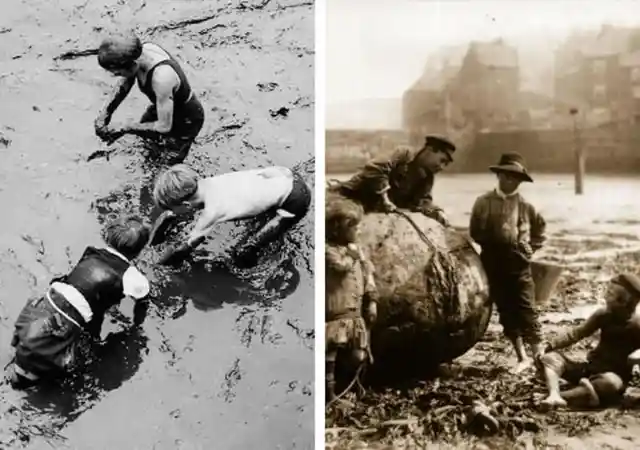
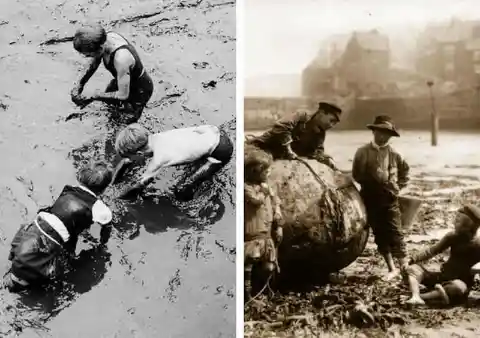
But eventually, mudlarking would develop into a lower-class profession, when these people would sell their discoveries back to the public. In 1904, a law made the profession illegal, and thus the mudlarking came to an end.
Catchpole
We now know them as debt collectors, but back in the day, they were known as 'catchpoles'. This is a bizarre British title that derives from the old English word 'cace-' (catch) and the medieval word 'pullus' (a chick).


The catchpoles would manually collect a debt from debtors at dedicated posts. Nowadays, we simply handle such issues with wire payments and checks.
Eggler
Are you egg-cited to go to work every morning? These women sure were. This job was created in 1911 along with the invention of the egg carton.
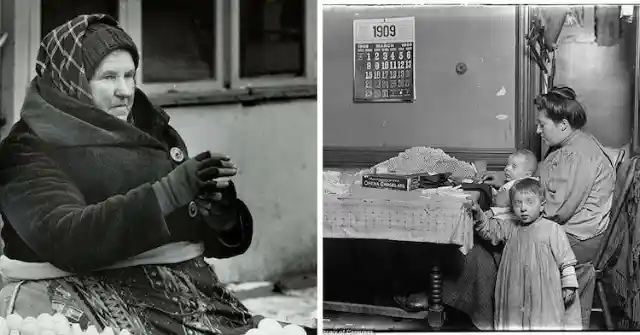
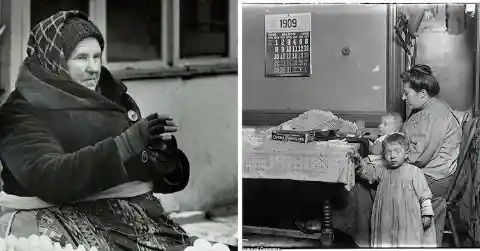
Every morning, egglers laid eggs into egg cartons and thus they could sell bulk batches of eggs.
Necessary Women
Now this one was a filthy, but necessary, job. Necessary women, as they were known, were tasked with emptying chamber pots filled with waste throughout the day.


Bathrooms of any sort, but particularly indoor bathrooms, were only made common until after the colonial period. Let's just say we wouldn't want this job!